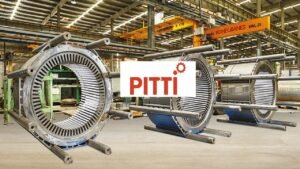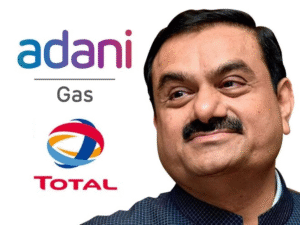1. At a Glance
Marsons is the stock-market equivalent of a Bollywood comeback story — a company that went from near-zero sales to triple-digit growth and now trades at a price-to-earnings multiple that would make Silicon Valley startups blush. The company’s core? Transformers up to 160 MVA, 220 kV class. The irony? It used to have years of negligible revenue, but now it’s pulling ₹186 Cr TTM sales and ₹31 Cr PAT… while investors pay 108× for the privilege.
2. Introduction
Founded in 1976, Marsons was once just another Indian transformer manufacturer lost in the crowd of mid-sized capital goods firms. Then came years of stagnation, negligible turnover, and heavy financial strain. By FY21, annual sales were almost a rounding error at ₹2 Cr.
Then came the revival: between FY22 and FY25, revenues exploded over4,000%, debtor days collapsed from 7,864 to 148, and the stock price multiplied nearly 3× in a year. ROE now stands at a staggering 41%, ROCE at 38%, and promoters, though they’ve cut stake from 75% to 53.65%, have somehow engineered one of the most eye-popping turnarounds in recent mid-cap history.
The business is now debt-light, expansion-focused, and wearing its ISO, CPRI, ERDA, and NABL certifications like military medals.
3. Business Model (WTF Do They Even Do?)
Marsons manufactures, supplies, erects, tests, and commissions:
- Power Transformers– Up to 160 MVA, 220 kV class.
- Distribution Transformers– Down to 10 kVA for utility & industrial use.
They serve utilities, EPC contractors, and industrial clients, mainly in India but
with ambitions to tap export markets. Recent capacity additions and improved working capital management suggest the company’s finally running at industrial, not artisanal, scale.
4. Financials Overview
- TTM Sales:₹186 Cr
- TTM PAT:₹31 Cr
- EPS:₹1.79
- P/E:108×
- ROE:41.1%
- ROCE:38.0%
- OPM:~15%
Three-year sales CAGR?373%. Profit CAGR?188%. This is what happens when you rise from near-zero. But before you pop the champagne, note that in absolute terms, ₹31 Cr PAT is still modest, and the valuation’s implying sustained hypergrowth.
5. Valuation (Fair Value RANGE)
Method 1 – P/EEPS = ₹1.79Sector range (capital goods growth plays): 35–50×FV = ₹63 – ₹90 per share.
Method 2 – EV/EBITDAEBITDA ≈ ₹27 CrNet debt ≈ Nil (almost debt-free)EV ≈ ₹3,333 Cr (mcap)EV/EBITDA = 123× vs sector ~18–22× → FV range = ₹72 – ₹88.
Method 3




















